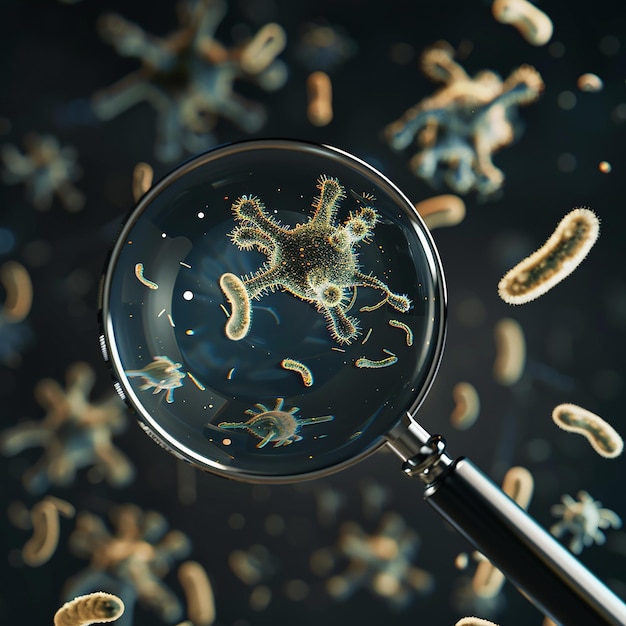
Antibodies, also known as immunoglobulins, are unique Y-shaped proteins made by the immune system’s plasma cells. They help combat harmful bacteria and viruses by identifying antigens, which are distinct molecules on pathogens, triggering an immune response that destroys these invaders.
The immune response initiated by antibodies is complex and specific. When a foreign substance enters the body, the immune system recognizes it as “alien” because its antigens differ from the body’s own molecules. This recognition prompts various defensive actions, including antibody production. Specialized white blood cells called plasma B cells produce these antibodies. When antigens bind to the surface of plasma cells, these cells multiply into identical clones. The antibodies then target and neutralize antigens like the ones that triggered their production in the first place.
These Y-shaped antibodies contain specific anti-toxins for particular bacteria and viruses. For example, an antibody produced against the influenza virus will bind to and destroy the flu virus if you’re exposed to it, keeping you healthy.
Antibodies not only target different pathogens, but they also come in various types known as isotypes. Here are the five main types:
1. **IgG**: This is developed through immunization and can neutralize toxins and infections. It circulates throughout the body and is crucial for protecting infants, as it can cross the placenta during pregnancy.
2. **IgA**: Found in mucosal areas like the mouth and vagina, as well as in breast milk, tears, and saliva, IgA helps prevent pathogens from sticking to epithelial cells. However, it can cause autoimmune disorders like celiac disease if it targets cells it should ignore.
3. **IgM**: Created after a pathogen enters the body, IgM has high avidity because it’s composed of five subunits. It’s vital in the early stages of infection and can reactivate during re-exposure to the same virus.
4. **IgE**: Crucial for allergic responses, IgE is typically found in the skin, lungs, and mucosal areas. It binds to allergens and triggers a histamine reaction, producing allergy symptoms. IgE also helps protect against parasitic worms.
5. **IgD**: Important in the initial stages of an immune response, IgD binds to B cells, signaling them to activate. It doesn’t circulate widely, and its exact function remains unclear, requiring more research.
Many diagnostic tests for diseases rely on antibody responses rather than directly detecting pathogens. Examples include the enzyme-linked immunosorbent assay (ELISA) used to diagnose conditions like syphilis, HIV, and Lyme disease. However, some diseases are diagnosed using nucleic acid tests like PCR, which look directly for pathogens. For instance, herpes diagnosis often involves antibody testing to determine the stage and activity of the infection by identifying specific antibody isotypes.
Factors such as overall health, physical fitness, and diet can impact the production of antibodies. Here are ways to boost your antibody levels:
1. **Exercise**: Regular physical activity, such as 15 to 30 minutes daily or thrice weekly, improves cardio and blood circulation. It helps prevent serious conditions like hypertension and heart disease and can boost antibody production by 300%.
2. **Healthy Diet**: Eating foods rich in vitamins and minerals, such as vitamin E, vitamin C, omega-3 fatty acids, and carotenoids, found in fruits, vegetables, fish, and whole grains, helps maintain antibody levels.
3. **Positive Outlook**: Studies show that a positive attitude can increase antibodies. Reducing stress and maintaining a happy outlook can be beneficial. Additionally, a healthy diet and regular exercise contribute to a happier mindset.
Understanding how antibodies function to protect us from bacteria and viruses is essential. They not only play a critical role in preventing severe health conditions but also serve as valuable tools in diagnostic testing. Adopting a healthy lifestyle can significantly enhance antibody production, bolstering our immune defense.